
The Free Press

What does Qatar get for its investment in U.S. universities? The answer may surprise you. In addition to the prestige and the influence of affiliating one’s national philanthropy with elite schools, Qatar is also accumulating the kind of technical research that was once the prize of American universities.
Consider Texas A&M University, one of the best places in the country to study nuclear engineering. Last month, The Free Press obtained exclusive access to a copy of the latest contract between Texas A&M and the Qatar Foundation that shows all of the intellectual property developed at the university’s campus in Doha belongs to the Qatar Foundation, a national philanthropy owned by the country’s royal family.
“The Qatar Foundation shall own the entire right, title, and interest in all Technology and Intellectual Property developed at (Texas A&M University Qatar) or under the auspices of its Research Program, other than those developed by non-TAMUQ employees and without financial support from the Qatar Foundation or any of its affiliates,” says the contract, dated May 25, 2021.
This kind of arrangement is common for large research universities in America. But TAMUQ is not your ordinary university. It is entirely funded by the Qatar Foundation. Kelly Brown, a spokeswoman for Texas A&M, told me that Qatar “pays for all faculty and staff salaries” as well as the physical campus, labs and equipment, housing, transportation, and travel allowances for professors.
It’s no small matter. The intellectual property generated by Texas A&M University in Qatar, or TAMUQ, includes highly sensitive research in a variety of fields ranging from computer science to bioengineering. Last year, TAMUQ inked an agreement to develop projects with a subsidiary of Barzan Holdings, Qatar’s largest arms manufacturer.
Andre Conradie, the CEO of the joint venture between Barzan and Germany’s Rheinmetall, said at the time, “This partnership will encourage the development of technological and operational capabilities to enhance military protection.”
As one of the country’s premier schools in nuclear engineering, Texas A&M has access to two nuclear reactors in Texas not affiliated with the U.S. government. In December, the National Nuclear Security Administration renewed a contract for the university, along with the University of California and Battelle Memorial Institute, to manage the Los Alamos National Laboratory, which involves oversight of teams who design and maintain nuclear weapons for the U.S. government.
Among the courses offered by Texas A&M in College Station, Texas, are seminars in the design of nuclear reactors; nuclear thermal hydraulics; and nuclear fuel cycles and safeguards.
And this gets to the dilemma of Texas A&M’s relationship with Qatar, a country best described as a frenemy state. Qatar has provided a safe haven for the senior leadership of Hamas and enjoys close ties to Iran. Qatar and Iran share ownership of the South Pars natural gas field, the largest in the world. Because the Qatar Foundation owns the research of the Texas A&M campus in Doha, this frenemy is reaping a bounty in patents, blueprints, and other intellectual property created in part by professors at one of the crown jewels of American higher education.
“Because Texas A&M has unsecured systems between Qatar and the university, Iranians could obtain U.S. secrets from this database, and that’s what we are trying to find out,” Marc Greendorfer, a lawyer with the Zachor Legal Institute, a boutique firm that specializes in legal challenges against anti-Israel policies, told me.
The Zachor Legal Institute, along with Judicial Watch, fought since 2018 in the Texas courts to obtain the contract between Texas A&M and the Qatar Foundation. In these legal battles, the foundation fought to keep the contract shrouded from public view, arguing “the information sought by Requestor is tantamount to a trade secret and should not be disclosed,” according to court records.
Last year, the foundation lost its appeal and Texas attorney general Ken Paxton ruled that Texas A&M had to show its contract to the Zachor Legal Institute. Greendorfer said that there were hundreds of millions of dollars from Qatar to TAMUQ that were not reported to the Education Department as federal statute requires. “That is part of the reason why we have spent more than five years in litigation,” Greendorfer told The Free Press. The Free Press is the first media outlet to see the contract, which was shown to me by the Zachor Legal Institute. As of press time, Brown was not available to comment on Greendorfer’s claim of unreported funding.
“Unlike traditional university research partnerships, where the university typically retains ownership of the research, in this case it appears the Qatari government maintains significant influence over both the research itself and its ultimate application,” Craig Singleton, a senior fellow at the Foundation for Defense of Democracies and former U.S. intelligence analyst told The Free Press. He added that the Texas A&M agreement allows the Qatar Foundation to “contract with researchers acting as ‘worker bees’ for the Qatari regime, raising serious questions about exactly which party benefits the most from this arrangement.”
According to the faculty pages on the TAMUQ website, 11 of the 67 professors at the university have held teaching positions at Texas A&M, while seven earned their PhDs there. N.K. Anand, the Vice Provost for Faculty Affairs at Texas A&M, serves as the vice chair of TAMUQ’s powerful joint advisory board. The Texas A&M Engineering Experiment Station has been an official partner of TAMUQ’s Advanced Scientific Computing Center. That center’s website boasts that it “bring[s] together faculty and researchers from a wide variety of engineering and science disciplines to tackle complex computational problems.”
Jacob Nagel, a retired Israel Defense Forces brigadier general and visiting professor at the Technion, said he was worried that the technology developed at TAMUQ had both military and civilian applications. “Many programs developed by Qatar, even if it’s only civilian, can be used for defense or dual purposes by Iran because today there are no differences between the civilian and military needs in fields like artificial intelligence, deep learning, and machine learning.”
Indeed, TAMUQ’s own strategic plan explicitly states that one of the primary goals for the campus in Doha is to “perform research that is relevant to and needed by the State of Qatar, its government agencies, industries, and companies.”
Reed Rubenstein, who served as general counsel for the U.S. Department of Education between 2019 and 2021, said he feared that Iran’s regime could infiltrate TAMUQ to steal technology and know-how that would benefit its nuclear program.
While serving at the Department of Education, Rubenstein said it launched an investigation “based on public and nonpublic information that raised serious concerns about the relationship between Texas A&M and the Qatar Foundation, which is an arm of the Qatari government, and about the national security implications of that relationship.”
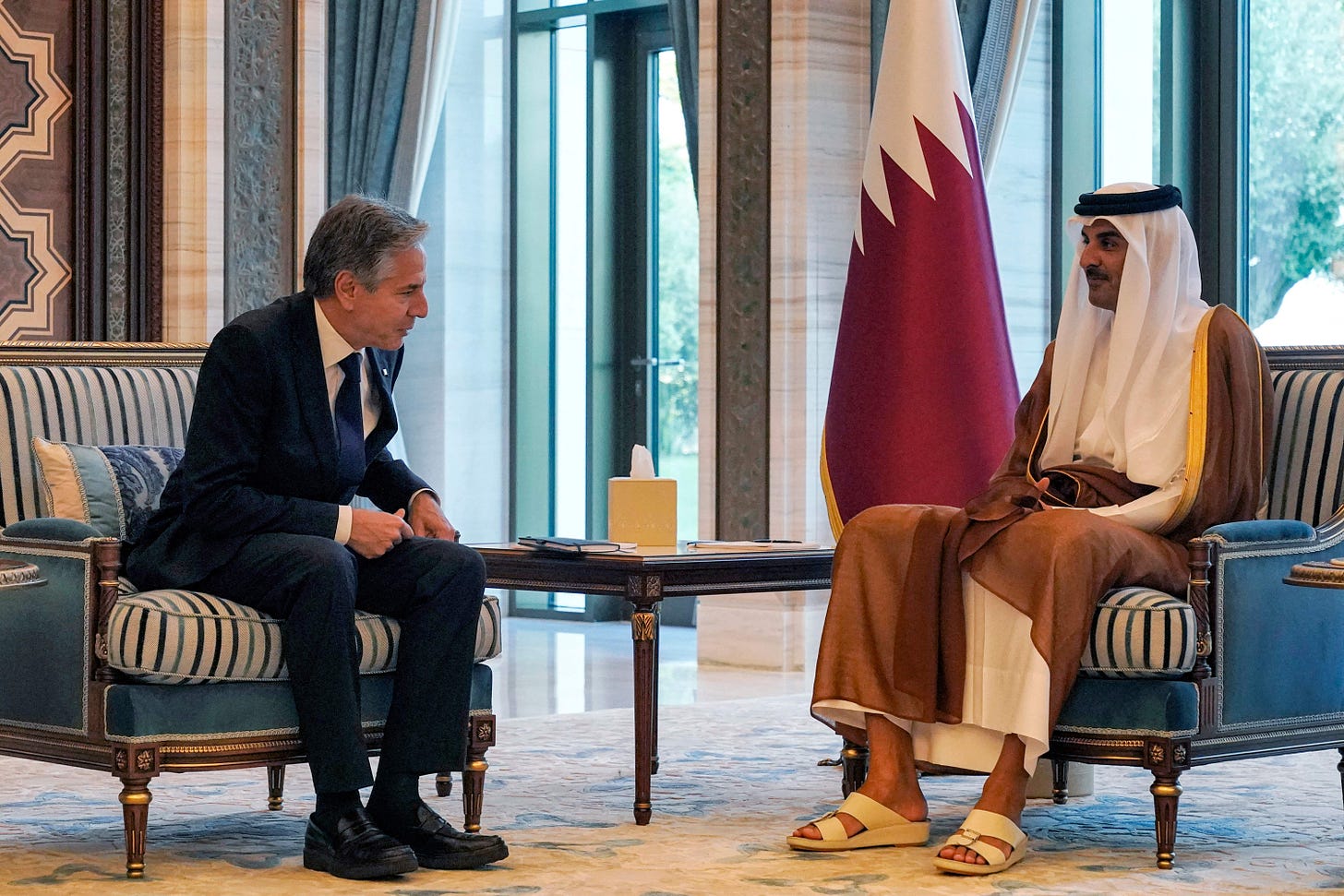
That research was published in a 2020 report that focused on foreign funding of American universities. The report says that emails the department obtained between a professor and administrator at TAMUQ discussed the prospect of offering nuclear training to Saudi Arabia and the United Arab Emirates. Referencing the Texas A&M contract with the Qatar Foundation, “the administrator communicated that the Qatar Foundation must be consulted before (TAMUQ) could enter into additional, external research agreements within the Arabian Gulf,” the report said.
Texas A&M spokeswoman Brown said in response that she did not know if the training discussed in the email was ever under “serious consideration.” She added, “While it might have been considered by someone, it was never pursued or approved by Texas A&M University–Qatar or the flagship.”
Brown, who is an associate vice president of Texas A&M, also stressed that TAMUQ “does not have any agreements, contracts, or relationships related to nuclear research. Not now, or previously. Further, Texas A&M Qatar faculty never taught nuclear engineering courses, nor did it do any research involving nuclear engineering.”
But on the TAMUQ web page explaining the options for Texas A&M students seeking to study abroad in Doha, one of the courses listed for aspiring students in Doha is “nuclear engineering.” Brown said that this only meant that some courses offered would count toward a nuclear engineering major—such as English or math. “All engineering majors can take some relevant courses in Doha, depending on their progress through the degree plan,” she said. “TAMUQ does not offer any courses in nuclear engineering.”
U.S. export laws prohibit research institutions from sharing nuclear technology, blueprints, and other information with countries that have not entered into agreements to limit their programs to peaceful applications like energy and medicine. There is no evidence that Texas A&M is violating those laws.
As Americans begin to examine the full extent of foreign funding of its best universities, the story of TAMUQ may become a cautionary tale. For years, the full extent of Qatar’s relationship with Texas A&M had been shrouded from public scrutiny. Now that the contract, which established the campus in Doha, has seen the light of day, it shows that Qatar has been a savvy investor. For a small piece of its vast oil wealth, the Gulf state can accumulate intellectual property generated by one of America’s best engineering universities.
Eli Lake is a Free Press columnist and host of The Re-Education podcast. Follow him on X (formerly Twitter) at @EliLake. Read his last Free Press piece “Qatar’s War for Young American Minds.”
And to support more of our work, become a Free Press subscriber today:


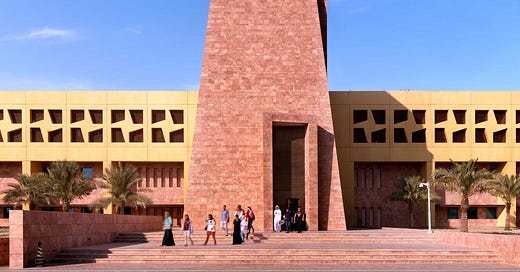

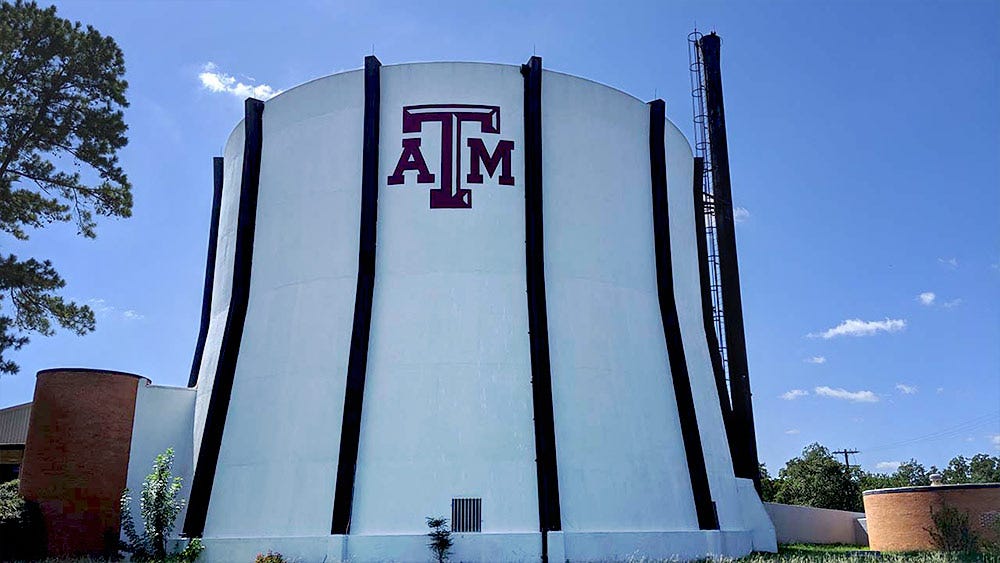



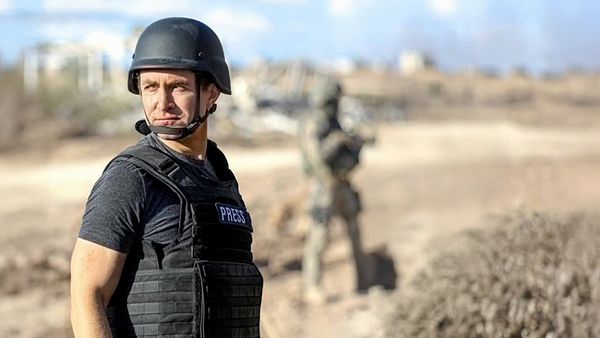





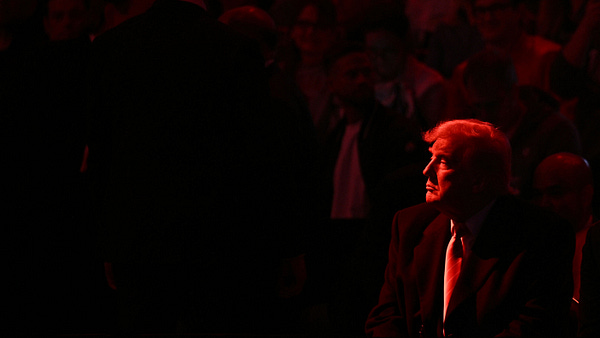

The Free Press deserves a medal, not only for brilliant investigative journalism, but for bringing about real change in the pursuit of short term enrichment over aiding and abetting the enemy. We need more Free Press, and less NY Times and WaPo.
Qatar has been one of the most shrewd operatives with its influence operations and acquisitions, imagine if this was Russia instead of qatar we might have had a completely different response - and that is where lies the problem